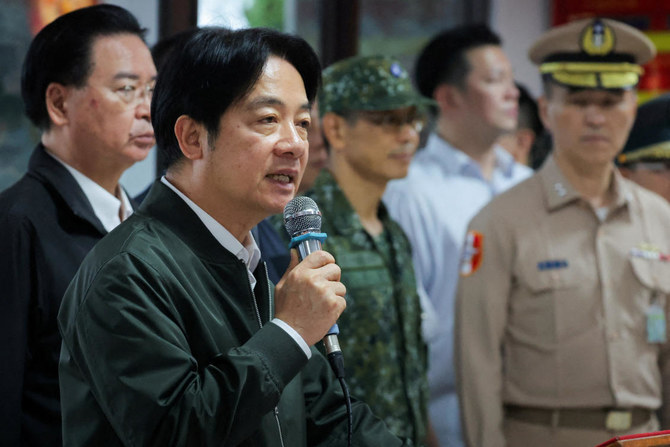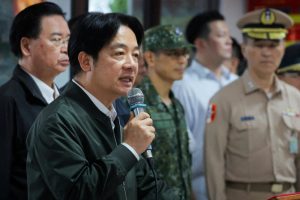Taiwan’s political landscape has long been characterized by its complex interplay between the presidency and the parliament. In recent times, the opposition has emerged as a formidable force within the parliament, challenging the dominance traditionally held by the presidency. This shift in dynamics has significant implications for Taiwan’s governance and its relations, both domestically and internationally. In this article, we delve into the factors contributing to the strengthening of the opposition in the Taiwanese parliament and analyze its consequences.
Rise of the Opposition in Taiwan’s Parliament
The opposition’s ascent within the Taiwanese parliament can be attributed to several key factors. First and foremost is the changing political sentiment among the electorate. Dissatisfaction with the ruling party’s policies, coupled with concerns over issues such as economic stagnation, social inequality, and cross-strait relations, has fueled support for opposition parties. This has translated into electoral victories, bolstering the opposition’s representation in parliament.
Furthermore, the fragmentation of Taiwan’s political landscape has contributed to the rise of the opposition. With multiple parties vying for power, coalition-building has become essential for governance. The opposition has capitalized on this by forming alliances and leveraging its collective strength to counterbalance the presidency.
Challenges to Presidential Authority
The growing influence of the opposition has presented significant challenges to the authority of the presidency. Unlike in the past, where the president’s party held a majority in parliament, the current political landscape is characterized by a more evenly divided legislature. This has necessitated greater compromise and negotiation between the executive and legislative branches, constraining the president’s ability to push through policies unilaterally.
Moreover, the opposition’s enhanced presence in parliament has empowered it to scrutinize the actions of the presidency more effectively. Oversight mechanisms, such as legislative hearings and inquiries, have become potent tools for holding the executive accountable. This has led to increased transparency and checks on executive power, promoting good governance and democratic accountability.
Impact on Governance and Policy-making
The strengthening of the opposition in Taiwan’s parliament has had profound implications for governance and policy-making. With no single party holding a decisive majority, consensus-building has become imperative for passing legislation. While this has led to a more deliberative and inclusive decision-making process, it has also resulted in gridlock and inertia on certain issues where consensus proves elusive.
Furthermore, the rise of the opposition has introduced greater ideological diversity into Taiwan’s political discourse. Debates in parliament now encompass a wider range of perspectives, reflecting the plurality of Taiwanese society. While this has enriched democratic deliberation, it has also deepened political polarization, making compromise more challenging to achieve.
Analysis Table: Strengths and Weaknesses
| Strengths | Weaknesses |
|---|---|
| Enhanced oversight of the presidency | Increased political polarization |
| Promotes transparency and accountability | Potential for legislative gridlock |
| Reflects diverse ideological perspectives | Challenges to policy implementation |
| Fosters consensus-building and inclusivity | Risk of instability in governance |
Comparative Table: Presidency vs. Parliament
| Presidency | Parliament |
|---|---|
| Centralized executive authority | Distributed legislative power |
| Strong decision-making capacity | Requires consensus-building and compromise |
| Sets the policy agenda | Scrutinizes and checks executive actions |
| Represents the executive branch | Reflects the diversity of political viewpoints |
| Can face challenges from the opposition | Empowered to hold the presidency accountable |
Conclusion
The growing strength of the opposition in Taiwan’s parliament represents a significant shift in the country’s political dynamics. While it has introduced greater checks and balances into the system and promoted democratic accountability, it has also posed challenges to governance and policy-making. Moving forward, striking a balance between executive authority and legislative oversight will be essential for ensuring effective governance and political stability in Taiwan.












